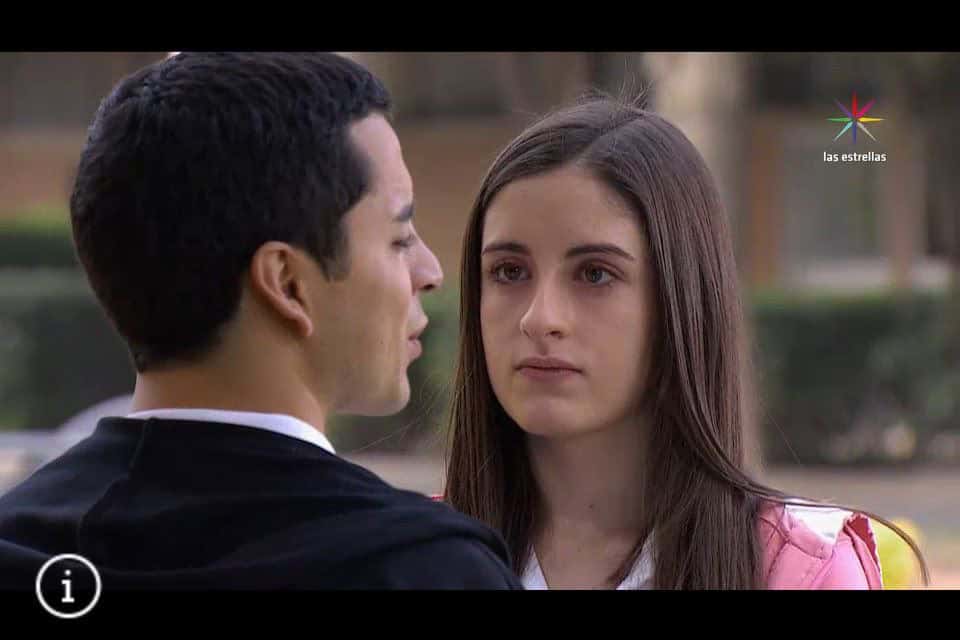The teenage Mexican actress stumbled upon a YouTube clip one day by a Spanish-speaking rabbi talking about how to find happiness through the Bible.
The video that popped up on her computer in Mexico City would change her life forever.
The 18-year-old who was used to doing TV commercials and soap operas on Telemundo—an American Spanish-language channel owned by a division of NBCUniversal—quickly ordered a Bible via Amazon and started reading it trying to grasp the lofty biblical concepts after having been raised as a Catholic in a secular household.
The chance video that would forever shape and serve as a landmark in Hannah Abitbul’s life was, perhaps, more than pure chance.
‘What do you do on the Sabbath?
Although she was born into the world of television acting and commercials as her mother worked as a booking agent for a modeling agency, she was always interested in Judaism, even as a little girl.
“What do you do on the Sabbath?” she would ask the secular Jews working as producers or photographers at her work. “We light the candles,” they replied to her, she recounts in an interview with JNS this week in Tel Aviv.
Still curious, she sought out more information on the Internet about Judaism, including learning about kashrut, as she pondered theological questions about the source of her own religion.
Seeking spiritual guidance
After buying her Bible, Abitbul decided to seek spiritual guidance and searched on Google for “synagogue near me.”
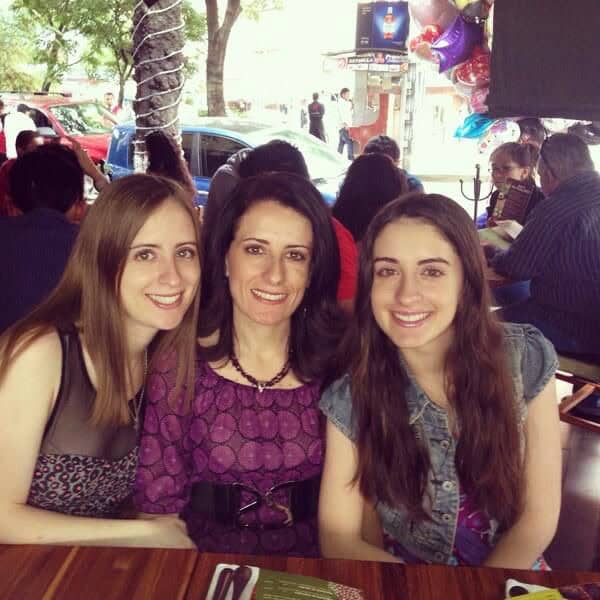
She visited the synagogue in Mexico City that came up on the web, and at the entrance, gave the Mexican name she was born with. The local security guard told her she could not come in for security reasons. However, the employee, who was new on the job (and didn’t know much about Judaism himself) agreed to take her number and give it to the rabbi since her heard that the synagogue had been looking for a minyan, a public quorum of 10 men over the age of 13 required for public worship.
Some days later, the rabbi called her back and said he didn’t understand what she had wanted but agreed to meet her. Abitbul told him that she was interested in converting, but he replied that at 19, she was still very young, could change her mind and that it wasn’t for her.
“Today, you will want Judaism, and tomorrow, Buddhism or vegan,” he told her.
Insisting that she was studying Judaism, the rabbi asked her what Jews eat on Yom Kippur, the Day of Atonement (a fast day). “I don’t know, but I like to cook,” she replied.
Not surprisingly, the rabbi was unimpressed.
The first Shabbat
Undeterred, she kept phoning him until he agreed that she come to a Friday-night service. The congregants were already in the middle of it, and she said she was “mesmerized” by the songs welcoming in the Sabbath.
“I felt like I knew the song, even though I had never heard it in my life,” she said.
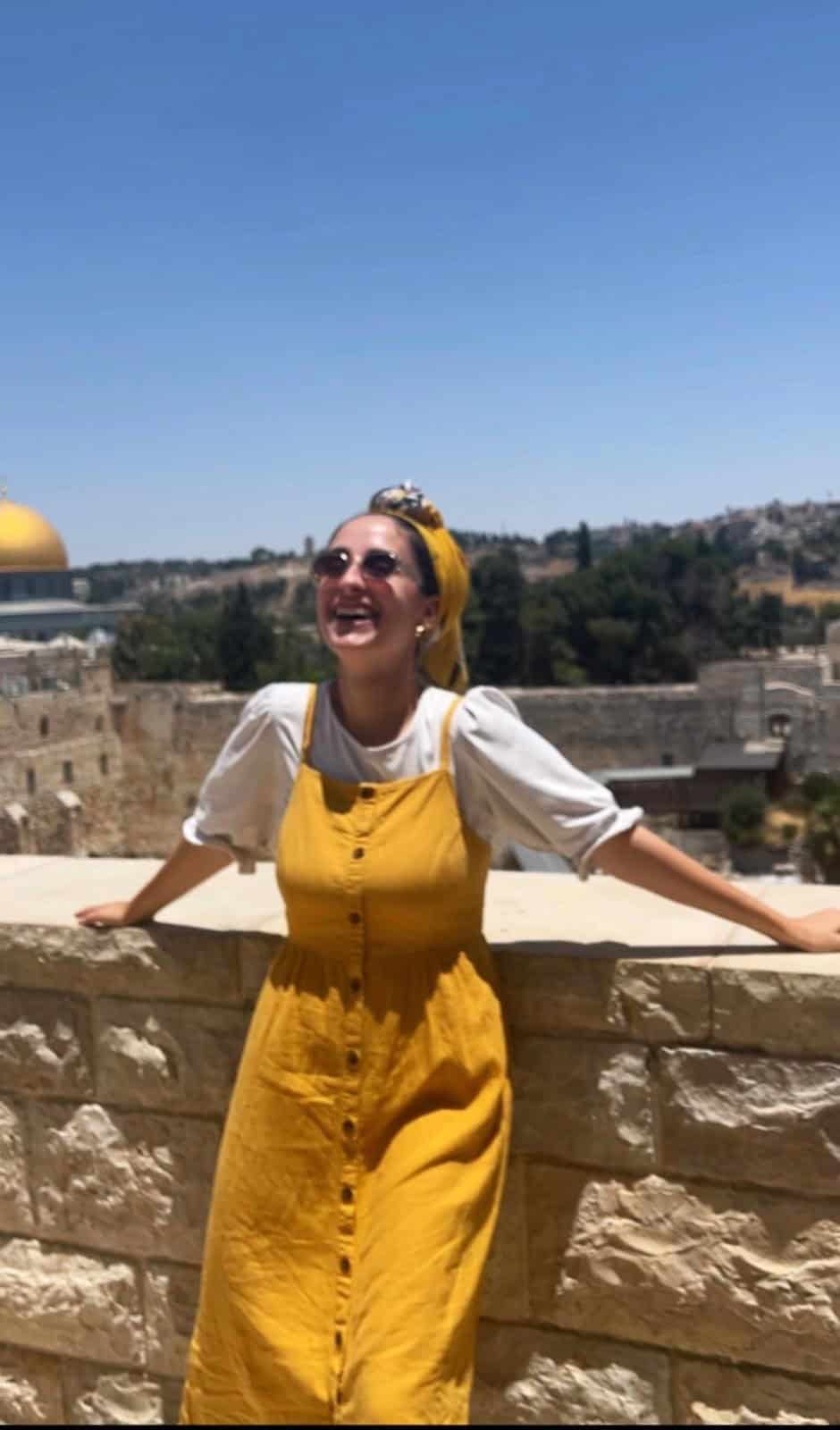
She persisted in keeping in touch with the rabbi and began going to courses in Judaism at the synagogue after work to prove that she was serious.
The rabbi asked the teenager if her parents were aware of her Jewish studies, and when she told him no—that they were sure she was at parties on Friday nights—he insisted that she tell them.
Abitbul told her mother that she had something important to tell her, and the two met for sushi lunch. Her mom had no clue what was to follow. Upon hearing that her daughter wanted to convert to Judaism, she was shocked, and after first assuming that it was because of a Jewish boyfriend, insisted on meeting the rabbi and his wife to be sure her daughter was not involving herself in a cult.
After a cordial meeting with them, her mother relented.
Israel
The next major surprise for her parents came when she told them that she wanted to study in Israel, where the rabbi told her she could learn and eventually undergo a conversion.
Her family, who thought that Israel was only about war and terrorism, refused to help her financially. Abitbul paid her own way from her salary in acting.
After three months studying at a Jerusalem girl’s seminary in 2017, she returned to Mexico because her mother had fallen ill with cancer, passing away the following year.
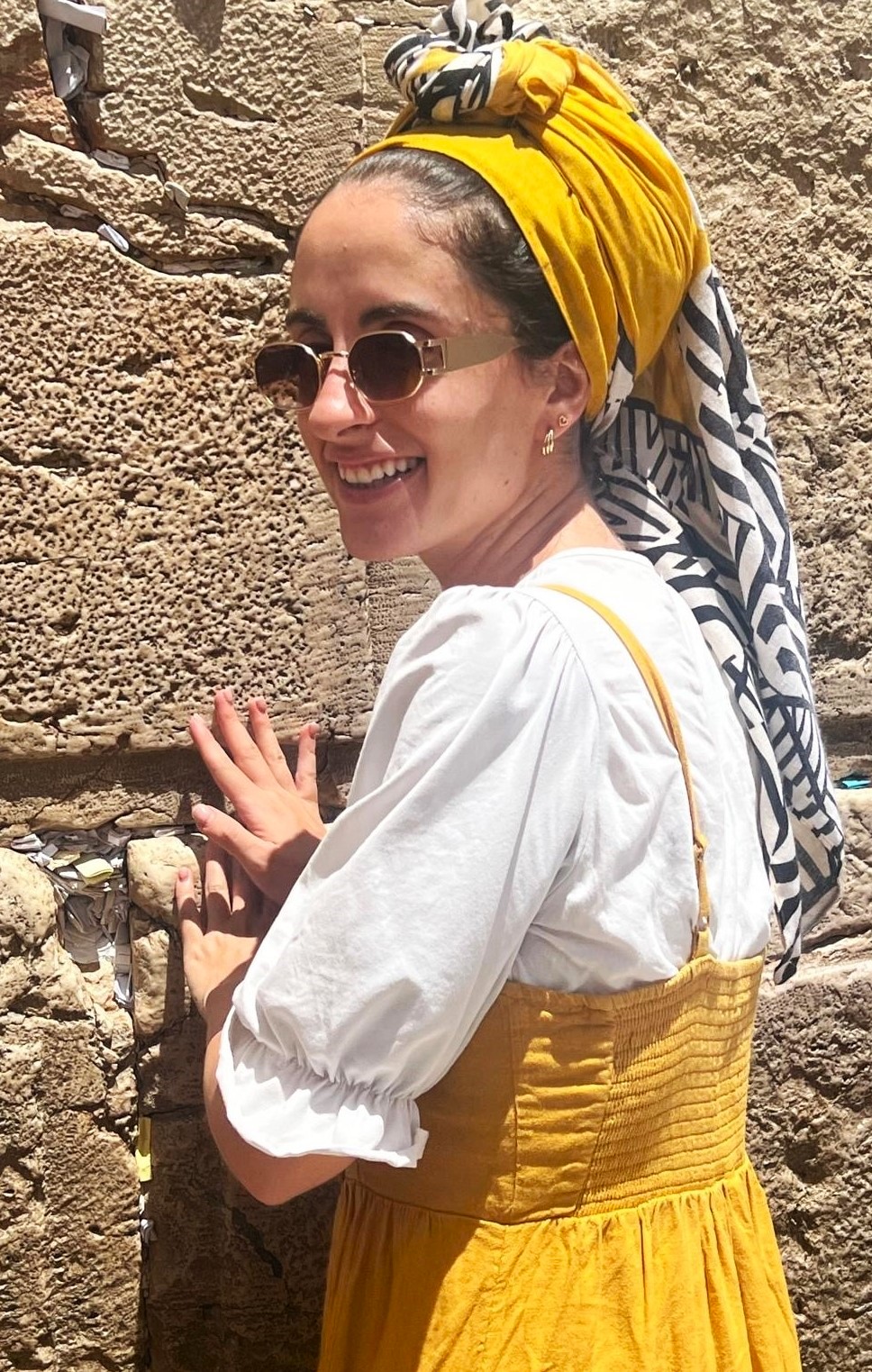
After her mother’s death, Abitbul reconsidered whether it was right for her to return to Israel as she had planned. Her older sister told her to do what made her happy and not to stay in Mexico because of the family.
Abitbul returned to Israel. A year and a half later, she completed her conversion process, which she notes happened on the very weekend of the Jewish holiday of Shavuot, which marks the giving of the Bible.
Ironically, around the very time she finished her conversion, her cousins, who were applying for a Spanish passport, had discovered that her father’s family from Spain—completely unbeknown to him—were Anusim, or Jews who were forced to convert against their will.
New life and new family
Meanwhile, shortly after her own conversion Abitbul, 27, met her future husband, Avishai, on a popular Israeli dating app that caters to the traditional and religiously observant (her husband became religious himself on a post-army trip to India; she covers her hair and is religiously observant). Two months later, they were engaged. Soon after, they were married and are now the parents of a 2-year-old son.
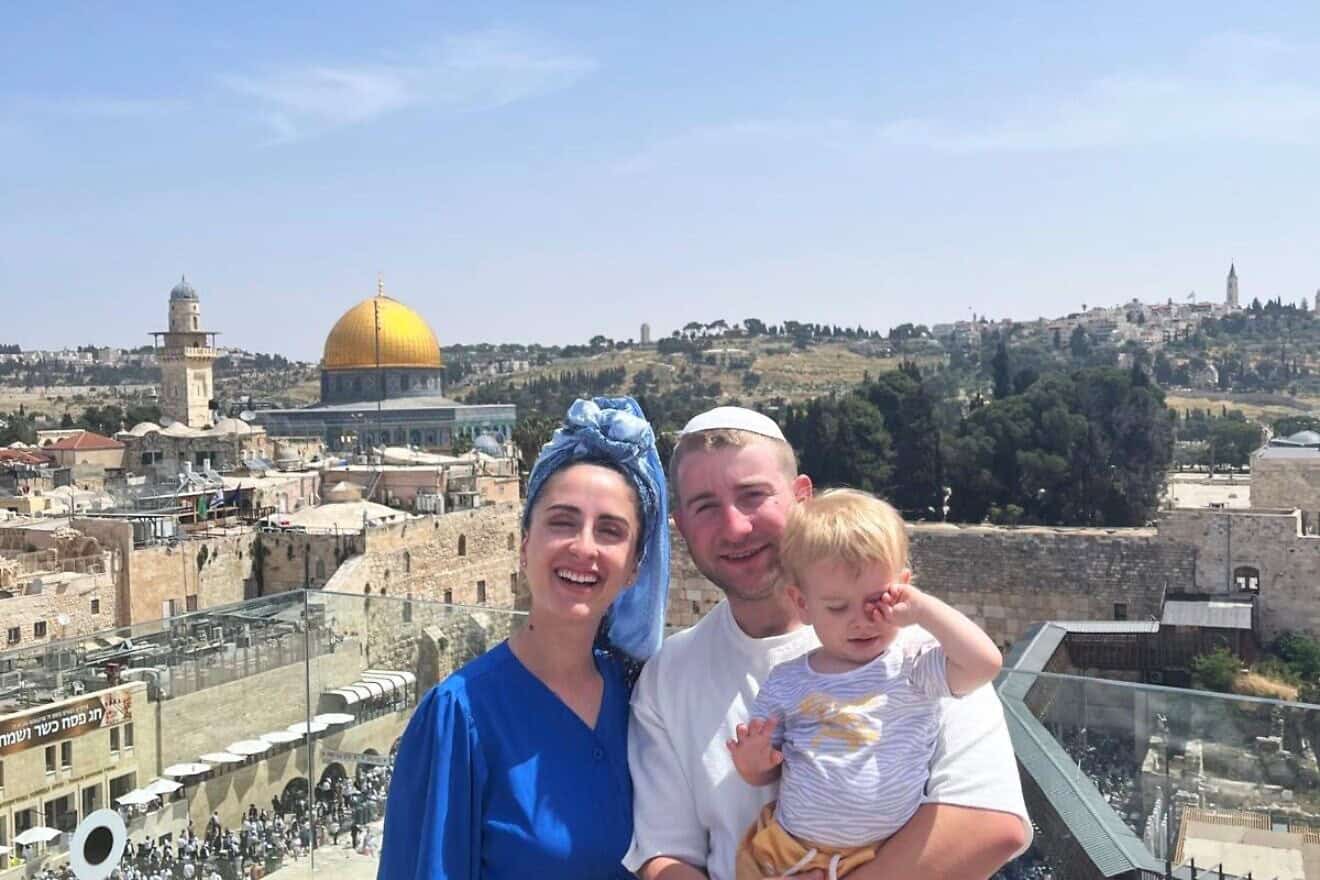
“He is 100 percent non-Spanish-speaking,” she said of her husband, noting that his family in the Israeli coastal city of Ashkelon, not far from the Gaza Strip, wondered aloud during the war how she had left the beaches of Mexico for a tumultuous life in Israel.
Coming full circle, the Jewish educational organization Aish, based in Jerusalem, heard of her unusual story and reached out to Abitbul to ask her to do some video clips about the Jewish holidays and Judaism in general for Spanish speakers.
Soon, the gig mushroomed into a full-time job running their social media.
“It was always natural for me to be in front of the camera,” she says. “We need to be proud of our Judaism and who we are.”


























